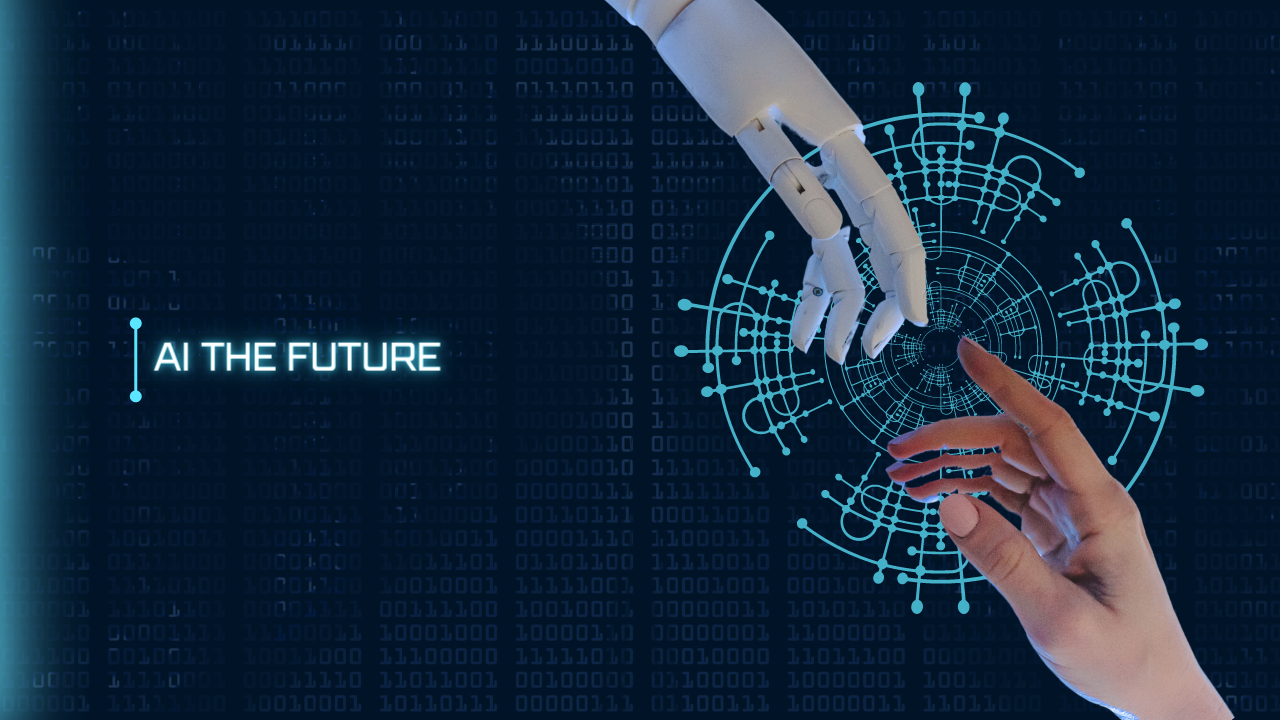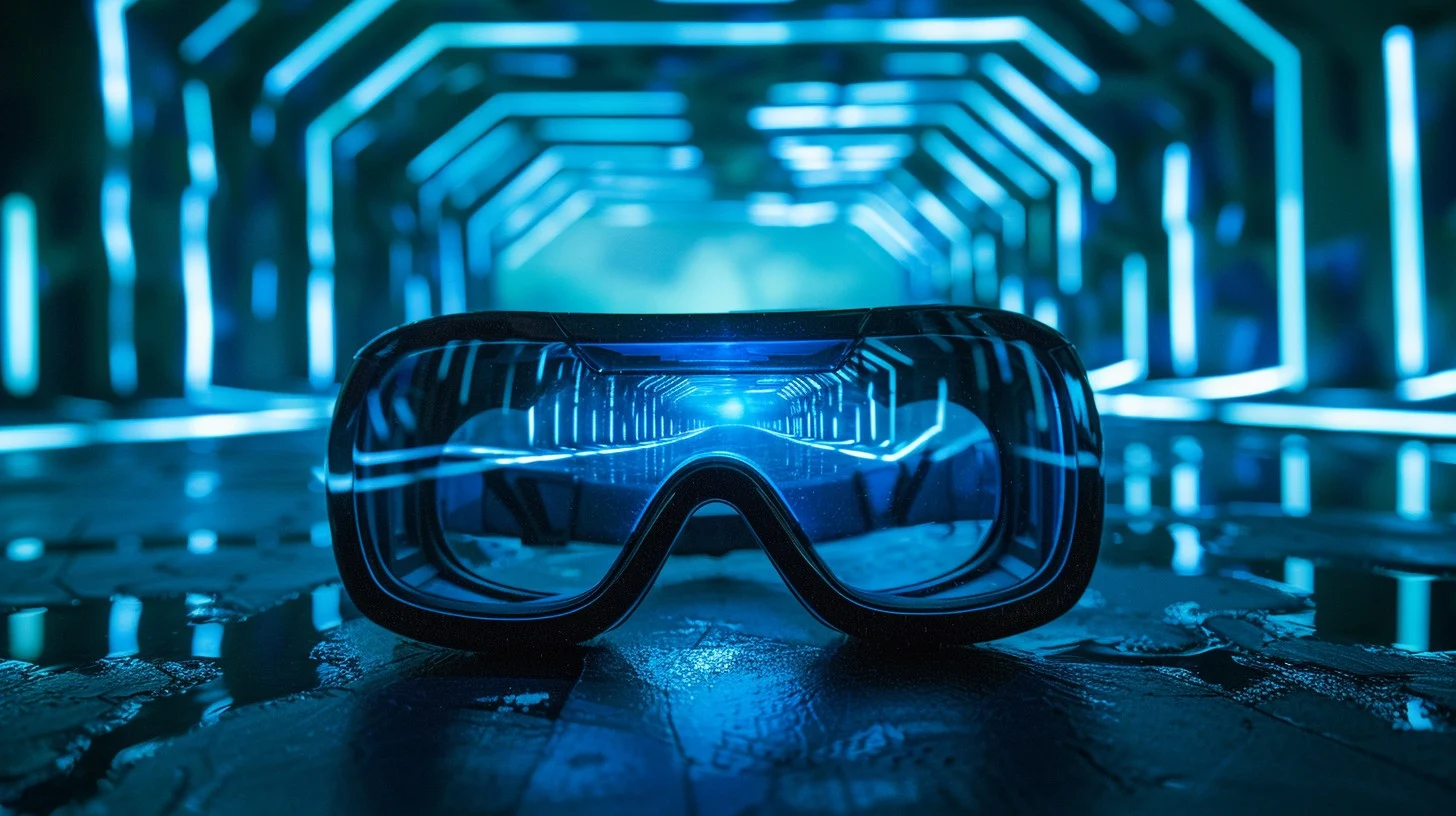How Artificial Intelligence Is Transforming Industries
The rise of Artificial Intelligence (AI) marks a pivotal moment in history, driving significant changes across various industries. From healthcare to finance, manufacturing to entertainment, AI is not just a concept of the future; it is actively reshaping how businesses operate, innovate, and compete today.
Latest Privacy Regulations Are Changing the Tech Industry Landscape
1. AI in Healthcare: A Lifesaving Partner
AI has made a remarkable impact on the healthcare industry. Advanced AI-powered tools are assisting doctors in diagnosing diseases more accurately, often identifying conditions at early stages when they are most treatable. Machine learning algorithms, for example, are now capable of analyzing medical images to detect anomalies that might be overlooked by the human eye. AI also predicts patient outcomes, optimizes treatment plans, and is even instrumental in drug discovery.
A notable example is IBM’s Watson Health, which leverages AI to analyze vast amounts of medical data and provide personalized treatment recommendations. This level of precision and personalization, once unimaginable, is now a vital component of modern healthcare.
2. Financial Services: AI Enhancing Efficiency and Security
The financial sector has always been a leader in adopting innovative technologies, and AI is no exception. AI is now central to various operations, from fraud detection to algorithmic trading. By processing large datasets in real-time, AI systems can identify suspicious activities, helping prevent fraud before it occurs—a crucial capability in an era of evolving cyber threats.
Moreover, AI-driven robo-advisors are revolutionizing the investment landscape. These digital platforms use sophisticated algorithms to analyze market data and manage portfolios, offering personalized investment advice at a fraction of the cost of traditional financial advisors. This democratization of financial services is changing how wealth is managed and opening up new opportunities for individual investors.
3. AI in Manufacturing: Driving the Smart Factory Revolution
In manufacturing, AI is at the forefront of what is being termed “Industry 4.0.” This new industrial revolution integrates AI, IoT (Internet of Things), and robotics to create smart factories. These factories are self-monitoring, self-optimizing, and even self-correcting, leading to unprecedented levels of efficiency and productivity.
Predictive maintenance, powered by AI, exemplifies this transformation. By analyzing sensor data from machinery, AI can predict when equipment is likely to fail, scheduling maintenance before a breakdown occurs. This not only reduces downtime but also extends the lifespan of machinery, saving companies substantial amounts in repair and replacement costs.
4. Entertainment Industry: AI Shaping the Future of Content
AI is making significant strides in the entertainment industry as well. From personalized content recommendations on streaming platforms to AI-generated music and art, the possibilities are vast. AI algorithms analyze user behavior to suggest movies, shows, or songs tailored to individual preferences, creating highly personalized entertainment experiences.
Additionally, AI is now a content creator. For instance, OpenAI’s GPT-3, a language model, generates human-like text for scripts, articles, and even poetry. Similarly, AI tools in video game development are creating more realistic characters and environments, enhancing the gaming experience.
5. Retail Transformation: AI-Driven Personalization and Operational Efficiency
Retail is undergoing a transformation, largely due to AI’s ability to personalize shopping experiences and optimize operations. AI-powered chatbots and virtual assistants are now common on e-commerce platforms, providing customers with instant support and personalized product recommendations. These AI tools analyze customer behavior, preferences, and real-time data to suggest products most likely to be purchased.
AI also enhances supply chain management in retail. Predictive analytics, driven by AI, can forecast demand with greater accuracy, enabling retailers to optimize inventory levels, reduce waste, and ensure product availability where and when needed.
6. Education: AI as a Customized Learning Assistant
AI is revolutionizing education by creating personalized learning experiences tailored to individual students’ needs and learning styles. AI-powered platforms offer real-time feedback, identify areas where students struggle, and provide additional resources to support their success.
In addition to personalized learning, AI is automating administrative tasks such as grading and scheduling, allowing educators to focus more on teaching and interacting with students. This not only enhances the learning experience but also makes education more accessible to students worldwide.
7. The Future: Balancing AI Opportunities and Challenges
While the AI revolution presents tremendous opportunities, it also brings significant challenges. Ethical considerations, such as bias in AI algorithms and the potential for job displacement, need to be addressed as AI technology continues to evolve. Ensuring data privacy and security in an AI-driven world is crucial for maintaining public trust.
Collaboration between governments, businesses, and educational institutions is essential in creating policies and frameworks that guide the responsible development and deployment of AI. Investing in AI education and training is crucial for preparing the workforce for the changes ahead and ensuring that the benefits of AI are shared broadly across society.
Summary
The AI revolution represents more than just a technological shift; it is a fundamental transformation of how industries operate and innovate. As AI continues to advance, it will unlock new possibilities, drive efficiencies, and create value in ways we are only beginning to understand. For businesses, embracing AI is no longer optional—it is essential for staying competitive in a rapidly changing world. Those who harness the power of AI will lead the way in shaping the future of our global economy.



